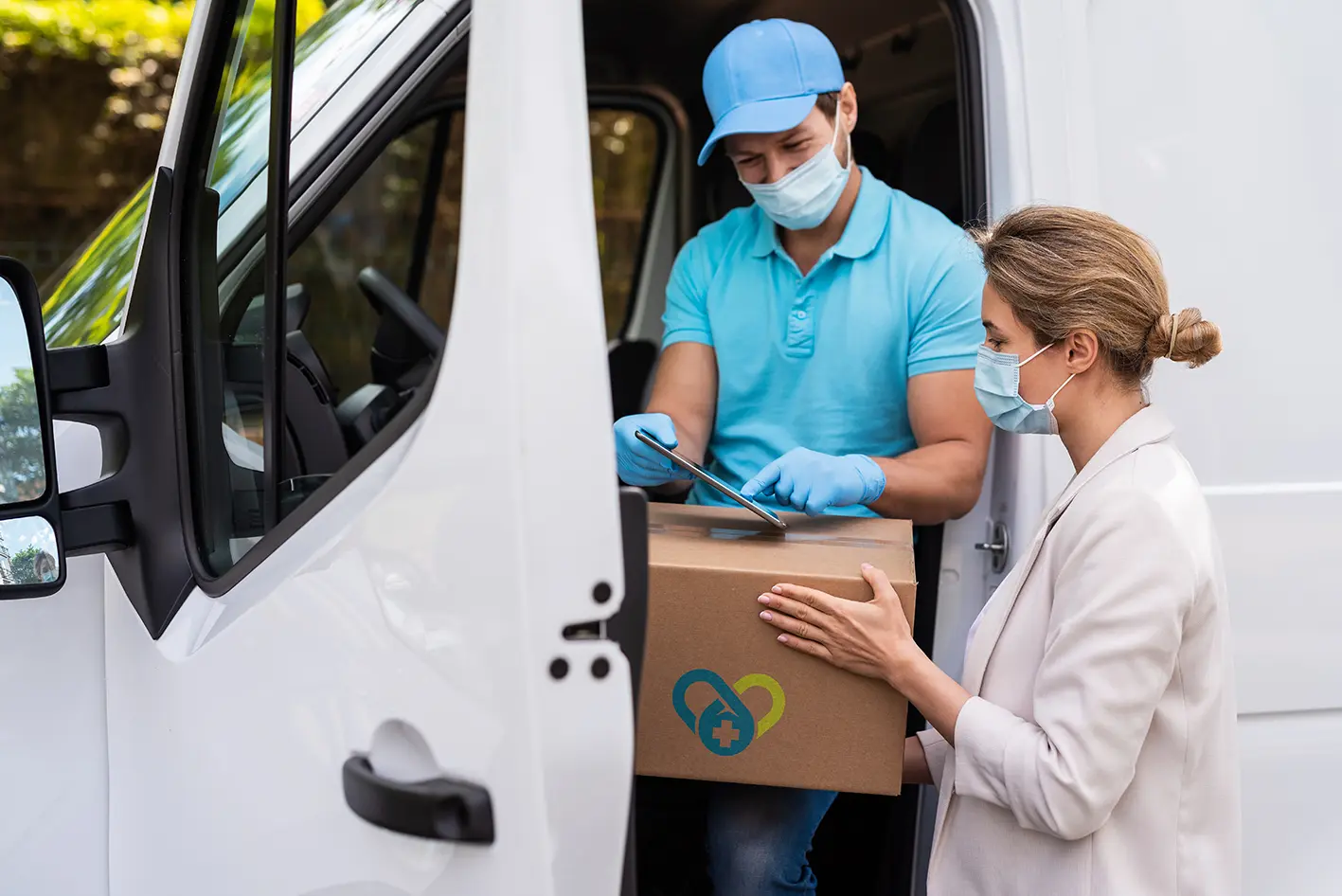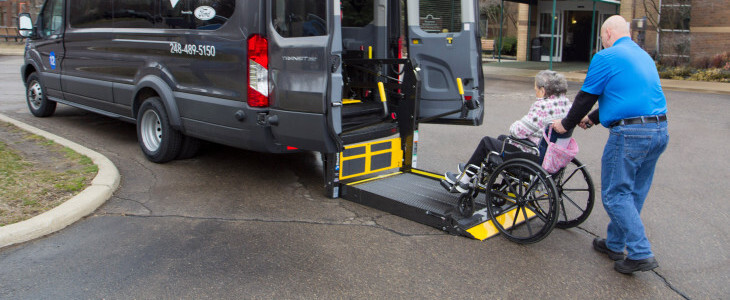Budget-friendly and Accessible Medical Transportation Options for each Circumstance
In the world of health care, the ability to accessibility medical solutions is critical, yet the difficulty of inexpensive and easily accessible transportation can usually impede people from receiving necessary treatment. By checking out specialized medical transportation solutions, neighborhood transport programs, ride-sharing and taxi services, non-emergency clinical transportation, as well as public transportation and paratransit options, people can locate avenues that cater to their certain demands and ensure they get the care they need.
Specialized Medical Transportation Solutions
Specialized clinical transportation services play a vital duty in guaranteeing risk-free and effective transport for individuals requiring specialized treatment throughout transit. These services deal with patients with special clinical demands, such as those requiring constant surveillance, customized devices, or clinical treatments throughout transport. By using specifically complete automobiles and skilled clinical employees, specialized clinical transport solutions make certain that individuals obtain the needed treatment while being moved between health care centers, residences, or other areas.
One key element of customized medical transport solutions is the emphasis on patient convenience and safety and security. Medical transportation teams are educated to handle different medical problems and emergency situations that might occur during transportation, supplying a greater degree of treatment than typical transport options. Additionally, these services frequently use door-to-door help, decreasing the stress and pain that patients might experience throughout transfers.
Area Transport Programs
Having actually dealt with the vital role of customized medical transportation solutions in guaranteeing secure and effective transportation for individuals with one-of-a-kind medical demands, the focus now shifts to taking a look at Community Transport Programs - medical transportation. These programs play an important duty in offering inexpensive and easily accessible transportation options for the basic population, consisting of seniors, individuals with specials needs, and low-income family members who may encounter challenges in accessing conventional transportation alternatives
Community Transportation Programs include an array of solutions such as fixed-route buses, paratransit solutions, volunteer chauffeur programs, and ridesharing efforts. These programs are often subsidized by regional governments, non-profit organizations, or private companies to guarantee that individuals have reputable transportation choices to reach medical appointments, food store, social tasks, and various other necessary locations.
Ride-Sharing and Taxi Solutions

Among the vital benefits of ride-sharing and taxi solutions is their ease of access. These services operate 24/7, allowing individuals to travel to medical appointments, pharmacies, or medical facilities at any moment of the day. Furthermore, ride-sharing and taxi services satisfy individuals with movement challenges by offering wheelchair-accessible vehicles upon demand.
In addition, ride-sharing and taxi solutions can be especially helpful for people living in areas with minimal public transport choices. By bridging the void in between home and health care centers, these solutions play an important role in making certain that everybody has access to crucial clinical solutions.
Non-Emergency Medical Transport

Non-Emergency Medical Transport companies commonly use experienced employees that are experienced in aiding people with differing clinical requirements. By providing door-to-door service, Non-Emergency Medical Transport enhances the total access of medical care for people who may or else struggle to participate in critical clinical visits.
Public Transit and Paratransit Options
Public transportation and paratransit alternatives provide important transport services for individuals with differing movement needs, making certain access to vital locations such as medical facilities and appointments. Public transportation systems, including buses, trains, and trains, provide a cost-effective and commonly available mode of transport for individuals looking for to get to medical consultations. These solutions are especially beneficial moved here for those who might not have accessibility to private lorries or require help as a result of movement difficulties.
Paratransit solutions cater particularly to people with handicaps who are not able to utilize typical public transport. These services use door-to-door transport, suiting people with wheelchairs, walkers, or other mobility aids. Paratransit cars are geared up with functions such as wheelchair ramps and securement systems to make sure the risk-free and comfortable transportation of travelers with varying mobility requirements.

Conclusion
